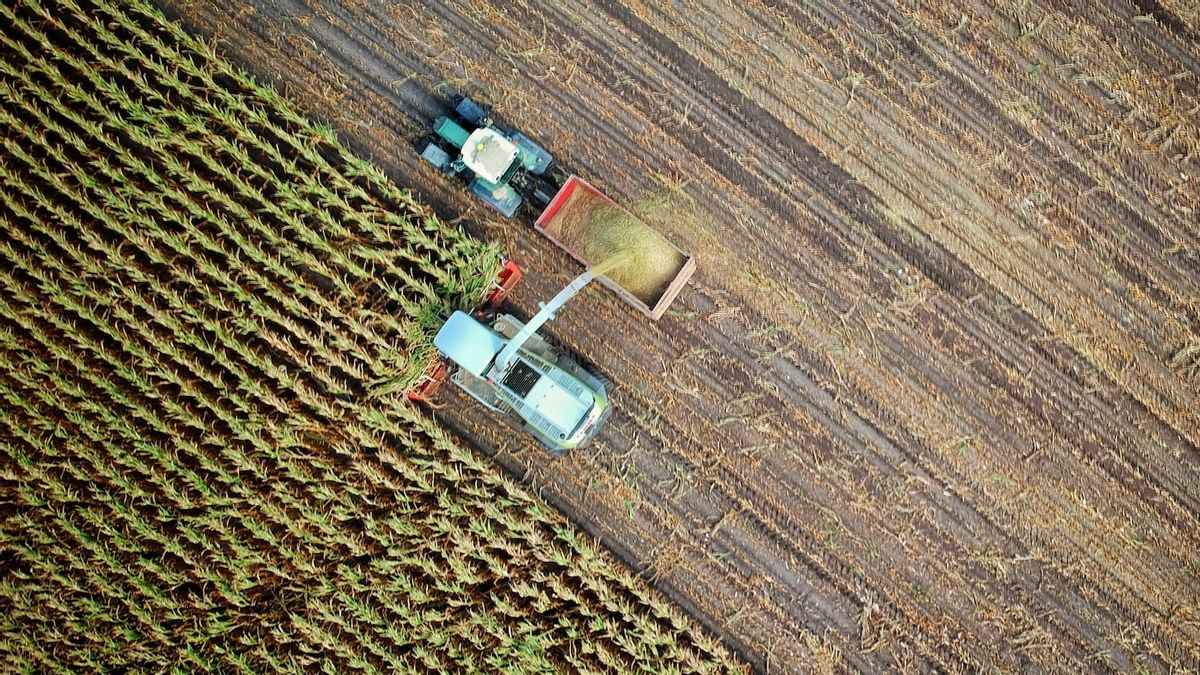JAKARTA - The Agroindustri Research Center of the National Research and Innovation Agency (BRIN) and Telkom University collaborated to conduct research related to the use of artificial intelligence (AI) for agriculture.
"Through this artificial intelligence research and innovation collaboration in the field of agroindustry, it is hoped that it can increase synergies to produce innovations in the fields of agriculture and food that are effective, efficient and sustainable," said Head of the BRIN Agroindustry Research Center Mulyana Hadipernata in a media briefing received, Friday, December 16.
The signing of the cooperation agreement regarding Artificial Intelligence Research and Innovation in the Agroindustry Sector was carried out by Mulyana Hadipernata and the Dean of the Faculty of Economics and Business, University of Telkom Ratri Wahyuningtyas.
Starting from the awareness of the need for the use of digital technology to increase the effectiveness and efficiency of agroindustry activities and as an effort to support agroindustry 4.0 and national food security, the Agroindustri Research Center initiated research collaboration with the university.
"I hope this collaboration is the beginning of a greater cooperation later and hopefully this collaboration will not only be a formality on paper, but can be implemented and produce innovation," said Mulyana Hadipernata as quoted by Antara.
Meanwhile, the Dean of the Faculty of Economics and Business, University of Telkom, Ratri Wahyuningtyas, said that this collaboration is a good opportunity to collaborate in research, especially the use of machine learning in agriculture and food for food-related policymaking.
The university has seven research centers, and one of them is the digital and business ecosystem. Several research activities related to the use of artificial intelligence for agriculture such as commodity price predictions, food availability data, village potential, and superior commodities.
He said artificial intelligence can be used to determine the origin of food and drinks consumed by the public, including the origin of countries that produce food and drinks, planting locations and quality.
The use of AI has been combined with using blockchain which ensures that the product's origin record does not change until the end, said Ratri Wahyuningtyas.
The English, Chinese, Japanese, Arabic, and French versions are automatically generated by the AI. So there may still be inaccuracies in translating, please always see Indonesian as our main language. (system supported by DigitalSiber.id)













